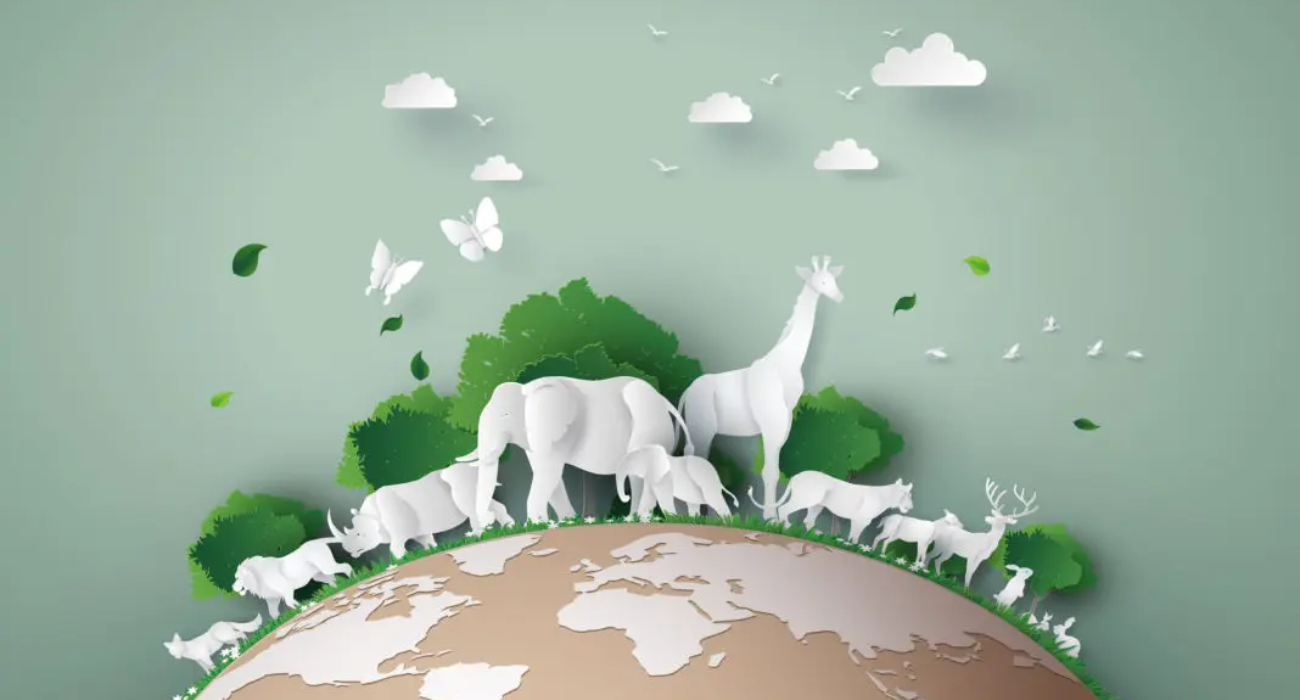
Which Animal Is the Most Important in the World
Opinions differ greatly when it comes to identifying which animal is the "most important" on Earth. Every living thing, no matter how big or little, is a part of the intricate web of life. However certain creatures stand out for their vital roles in maintaining ecosystems, ensuring human existence, and maintaining the health of the earth. Let's examine a few candidates and discuss what makes them so important.
Which Animal Is the Most Important in the World?
Opinions differ greatly when it comes to identifying which animal is the "most important" on Earth. Every living thing, no matter how big or little, is a part of the intricate web of life. However certain creatures stand out for their vital roles in maintaining ecosystems, ensuring human existence, and maintaining the health of the earth. Let's examine a few candidates and discuss what makes them so important.
The Repercussions of Decline
The world food security is being threatened by the fall in bee numbers. This reduction has been caused by several factors, including habitat loss, pesticide usage, and climate change. These factors highlight the critical need for conservation measures. Bee conservation is much more than simply maintaining a species—it's about securing our food supply.
2. Earthworms: The Engineers of the Soil
The Reasons for Their Significance
Earthworms are important for keeping soil healthy, although they are frequently disregarded. They improve nutrient availability, aerate the soil, and encourage water retention. By digging tunnels, they make pathways for water and air to reach the roots of plants, promoting a healthy ecology under our feet.
The Effect of Ripples
Both agriculture and the general health of our planet depend on healthy soil. Reduced agricultural yields and higher erosion would result from compacted and impoverished soil in the absence of earthworms. Their existence is essential to the production of food and sustainable farming methods.
3. Phytoplankton: The Lungs of the Ocean
The Reasons for Their Significance
Around half of the oxygen on Earth is produced by tiny plants called phytoplankton, which float on the ocean's surface. A wide variety of marine life is supported by these microscopic creatures, which are the base of the marine food web.
The Effect on Climate
The planet's climate is also significantly influenced by phytoplankton. They lessen the consequences of climate change by absorbing carbon dioxide. Maintaining phytoplankton numbers and, consequently, Earth's oxygen levels depends on the health of our seas.
4. Ecosystem Engineers: The Cornerstone Species
What Qualify As
In comparison to their abundance, keystone species like sea otters, wolves, and elephants have a disproportionately big influence on their ecosystems. They ensure that different species may coexist by aiding in the maintenance of ecological communities' structural integrity.
The Chain Reaction
When a keystone species is eliminated, an ecosystem may undergo drastic changes that frequently cause other species to decrease and biodiversity to disappear. The importance of these creatures is demonstrated by the fact that the restoration of wolves to Yellowstone National Park has assisted in restoring equilibrium to the whole ecosystem.
In conclusion, Life Is Interconnected.
It's challenging to identify a single "most important" animal on Earth, but it's obvious that many different species are essential to preserving environmental equilibrium. Each species makes a distinct contribution to the health of our world, from earthworms to bees, who are pollinators, to bees, which are soil engineers.
Being aware of these species' significance might motivate us to take action to preserve and protect them. Our efforts to maintain ecosystems and biodiversity promote a healthy Earth for all living things. All animals, regardless of size, are essential to the complex web of life because collectively they keep our planet alive.